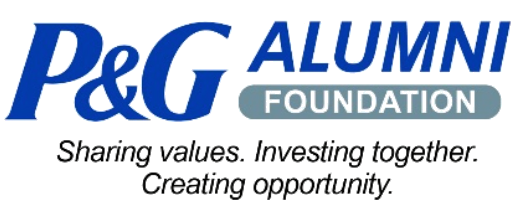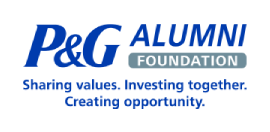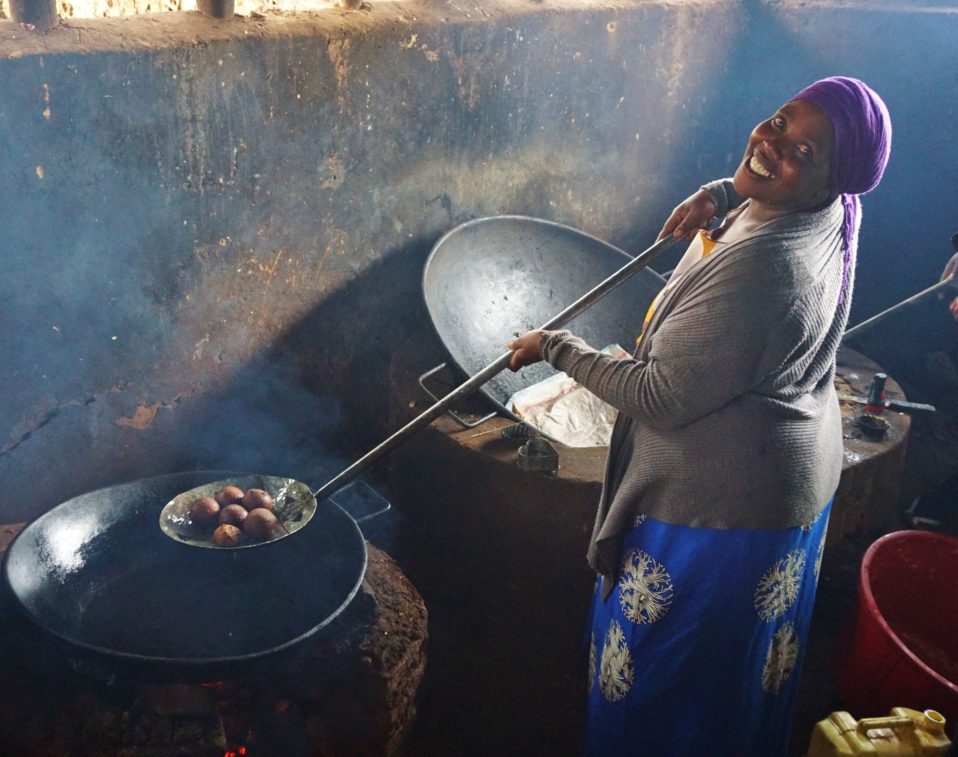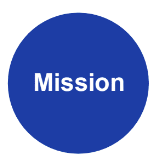 World Dance for Humanity
World Dance for Humanity
Bridges cultures through movement and helps people in need by supporting small, sustainable, grassroots projects locally and in the developing world, specifically Rwanda.

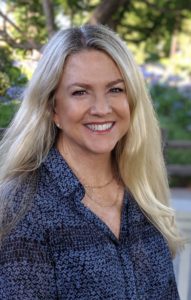
Betsy Stivers
P&G Alumni Grant Champion
20+ years P&G experience in Manufacturing & Product Supply (North America with global responsibilities)
P&G Alumni sponsor Betsy Stivers joined the WD4H Board in 2014 and currently serves as head of their Business Committee. Betsy sponsors three Rwandan students and is currently working with the Program Director to improve the measuring and tracking of the businesses, all of which are reporting profits. Betsy notes in her letter of support:
“I believe our multi-pillar approach of helping the cooperatives with leadership training, business start-ups, livestock, education sponsorships and health cards, is really making a significant difference in the lives and futures of these Rwandans.” Betsy Stivers
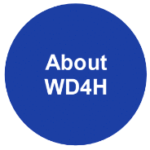
World Dance for Humanity (WD4H) helps people in need by supporting small, sustainable, grassroots projects locally and in the developing world. In Rwanda, WD4H supports 28 rural cooperatives in communities that are home to over 11,000 extremely impoverished genocide survivors and their families, primarily women who are poor farmers, widows, unwed mothers, former sex workers and/or AIDS patients. WD4H establishes businesses in these cooperatives to raise their members’ standard of living and give them a chance to develop business skills and participate in a successful enterprise. In total, twelve businesses are now in operation with seven in the pipeline. Guided by the WD4H Rwanda Team, the co-op leaders spend months researching projects to benefit their communities. After creating a business plan, it is vetted by the WD4H Business Committee and Board of Directors before proceeding.
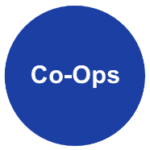
Many WD4H co-ops have established successful businesses: bakery, sewing, a café and a tilapia fish farm. Several of its other cooperatives are in various stages of developing their own businesses. Working closely with the Program Director and WD4H staff, they research and plan projects to benefit the communities. After plans are vetted with the Board of Directors, funding is sought and once businesses are underway, they are monitored closely to ensure success. Training is also provided (e.g., agriculture, business, leadership) which has had a large and positive impact in the way members approach their work and how they plan for the future.
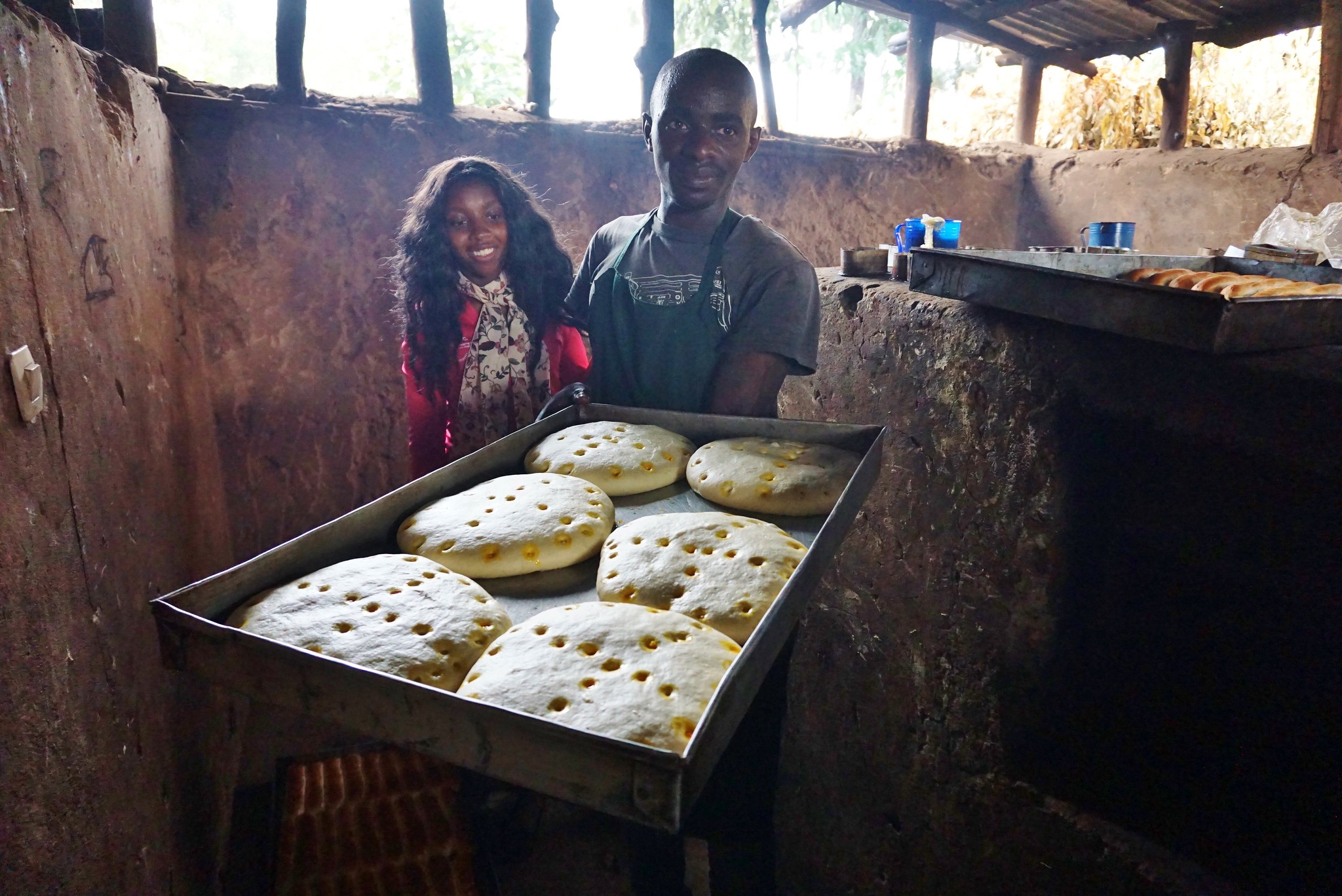 |
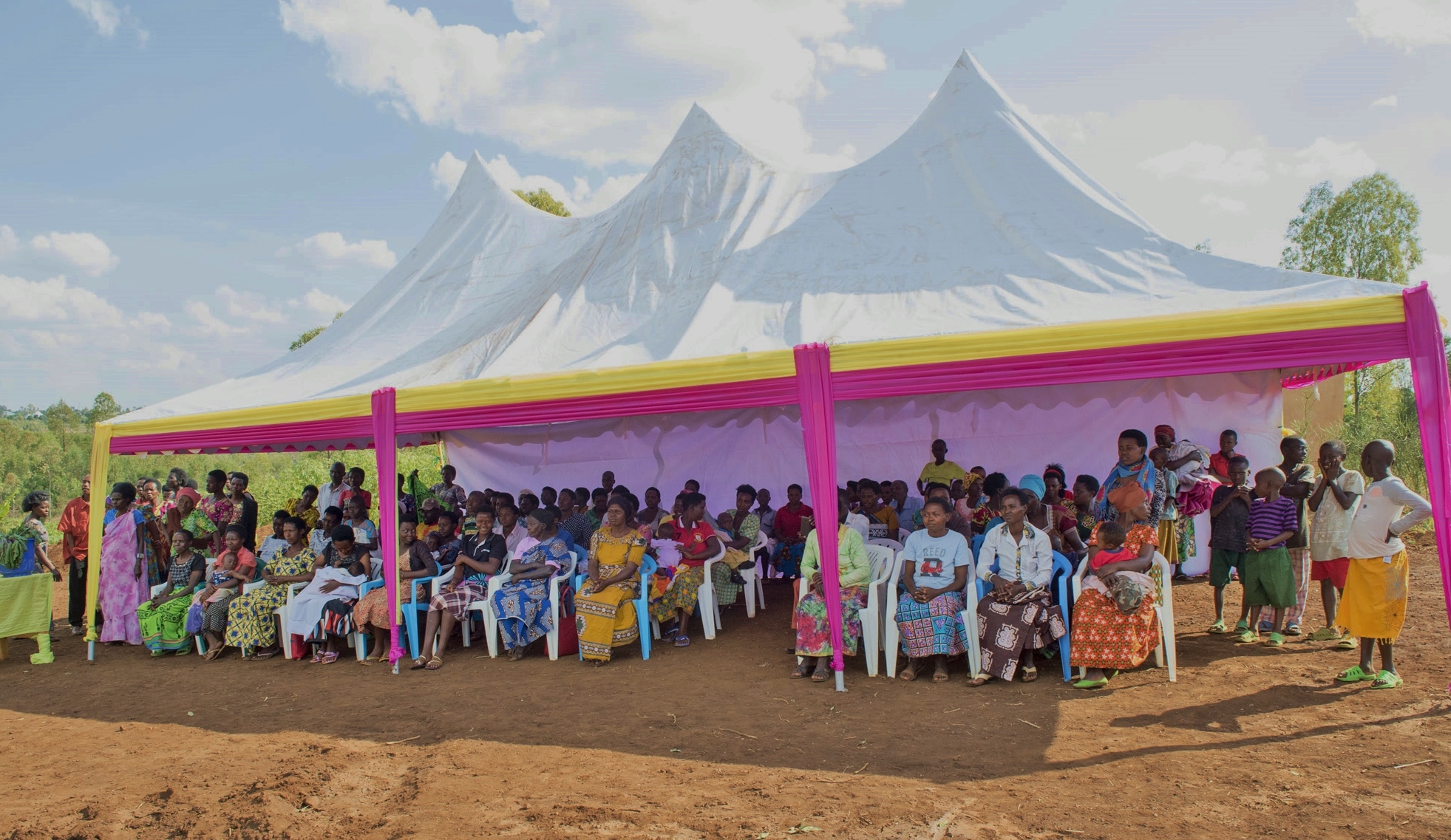 |
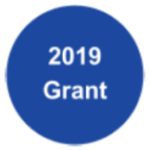
The 2019 P&G Alumni Foundation Grant Award of $13,000 will support the cost of a business coordinator who operates among the coops, the training of 80 co-op members and the capital equipment required by two bakery businesses and a tent rental business benefitting an estimated 11,261 family & community members. This is the fourth award to World Dance in as many years. Prior grant awards were used to hire a business skills training coordinator, used toward for training purposes, and supported new businesses capital needs (sewing, bakery, goal milk business).
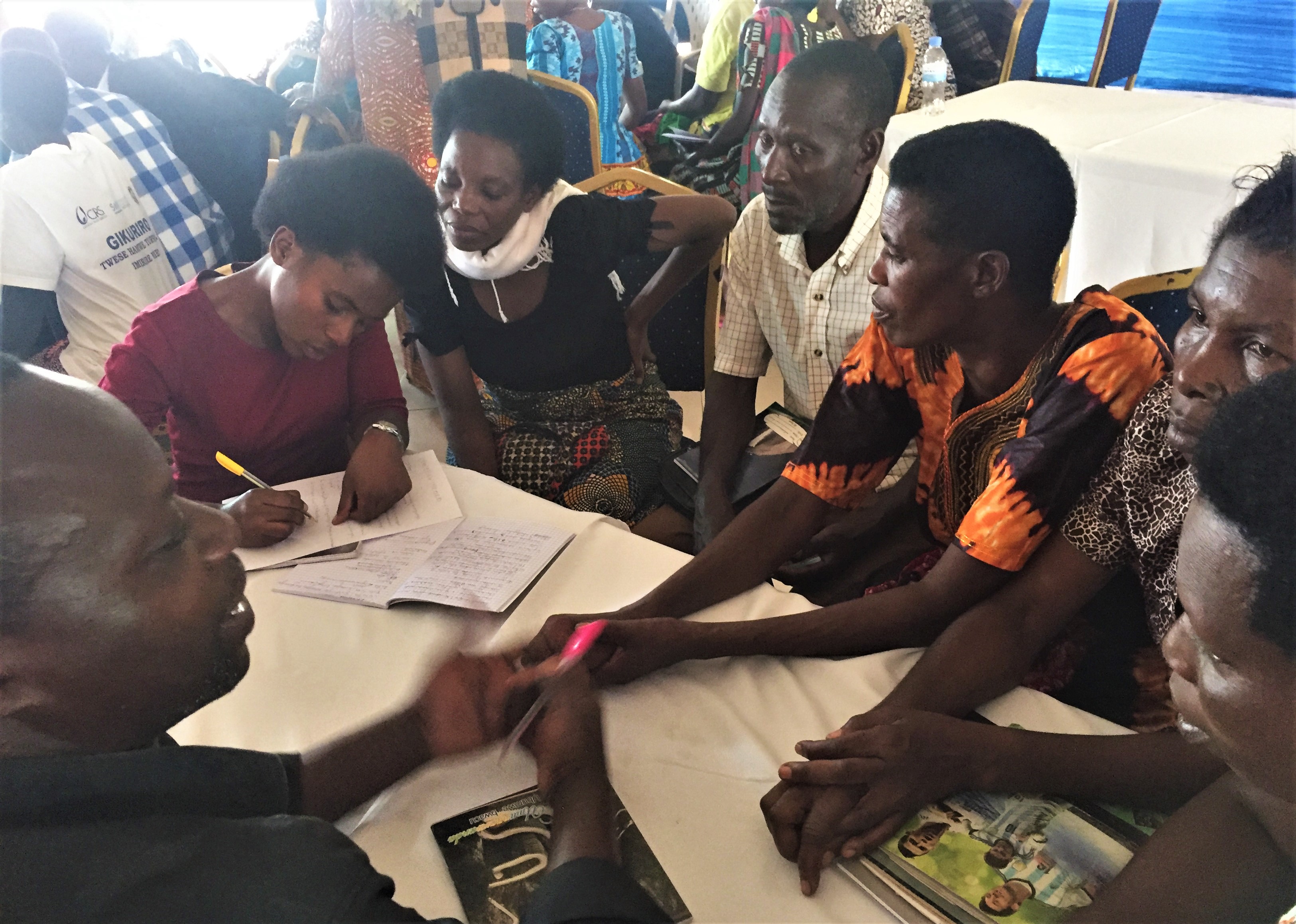 |
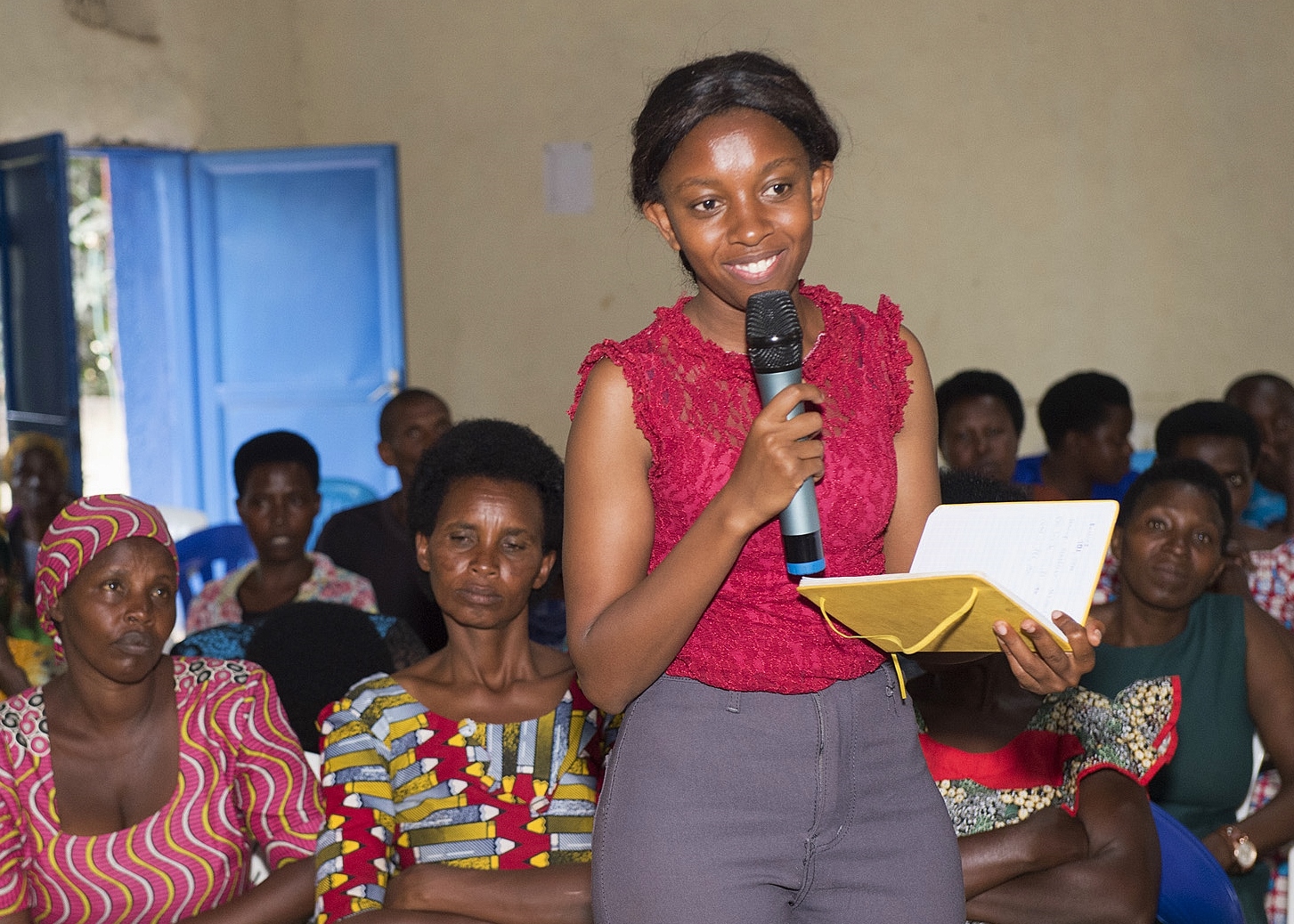 |
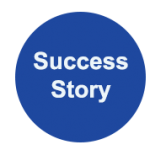
“Seeing the Connections”
The 1994 Rwandan Genocide left enormous wounds in the survivors – emotional trauma, distrust, division and destitute.The Genda Ugire Utyo founders also carried these wounds when came together to establish the Co-Op in 2013. The people came from different social and economic levels and had huge conflicts between themselves.
Josephine, a member of the Co-Op, says: “Our eyes could only see what disconnected us, not what could bring us together.” The members were trained on the significance of working together by World Dance for Humanity which bridges cultures through movement and supports small Co-Ops by providing animals, student stipend, trainings, community and business support.
Over time, by applying the lessons from the training, the Genda Ugire Utyo members began trusting each other again. They founded an Event Rental Business which has played a significant role in the reconciliation process.
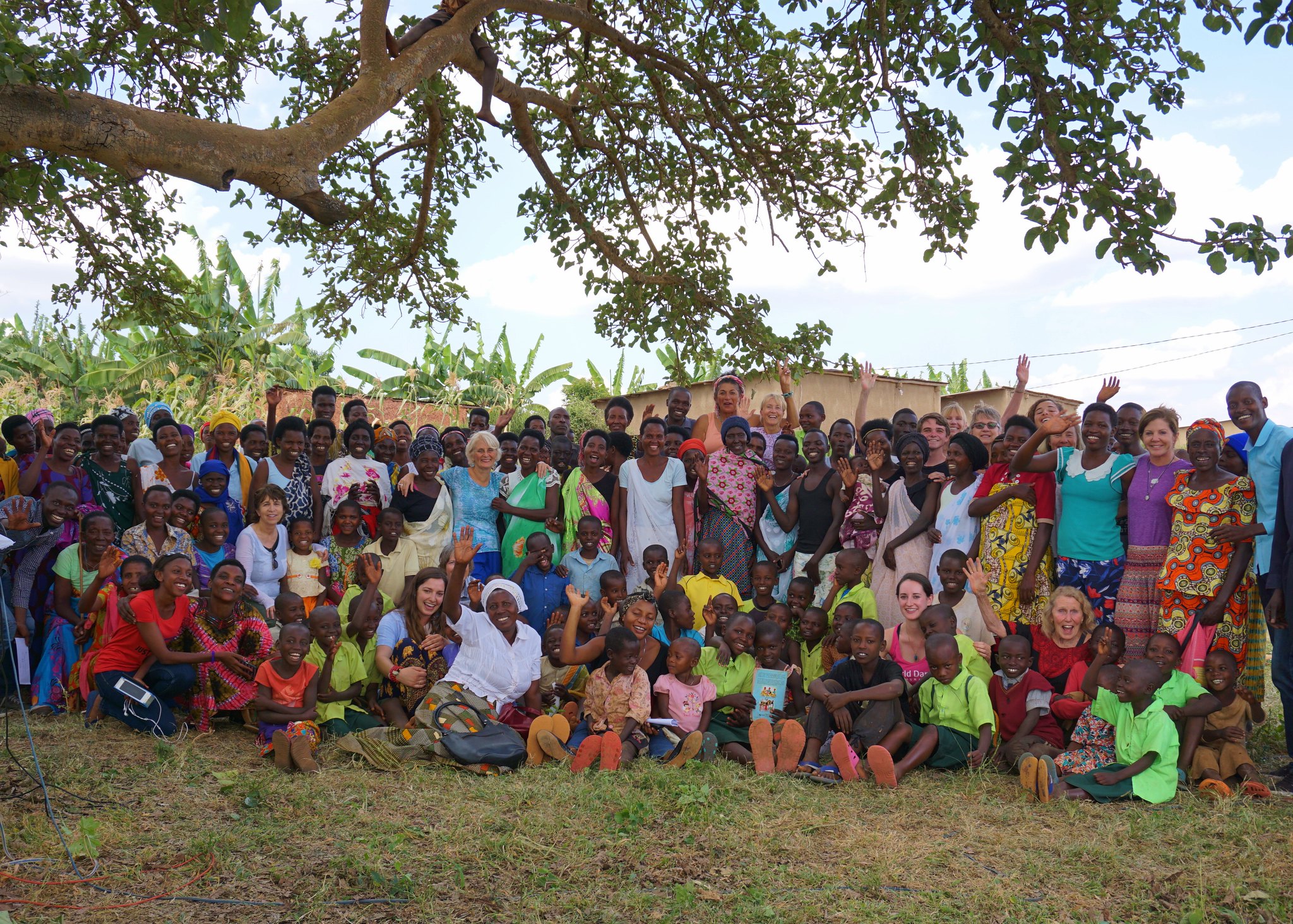
“We don’t judge each other by ethnicity or any other categorization, but we see each other as hands to lead us to a sustainable future,” says Josephine.
